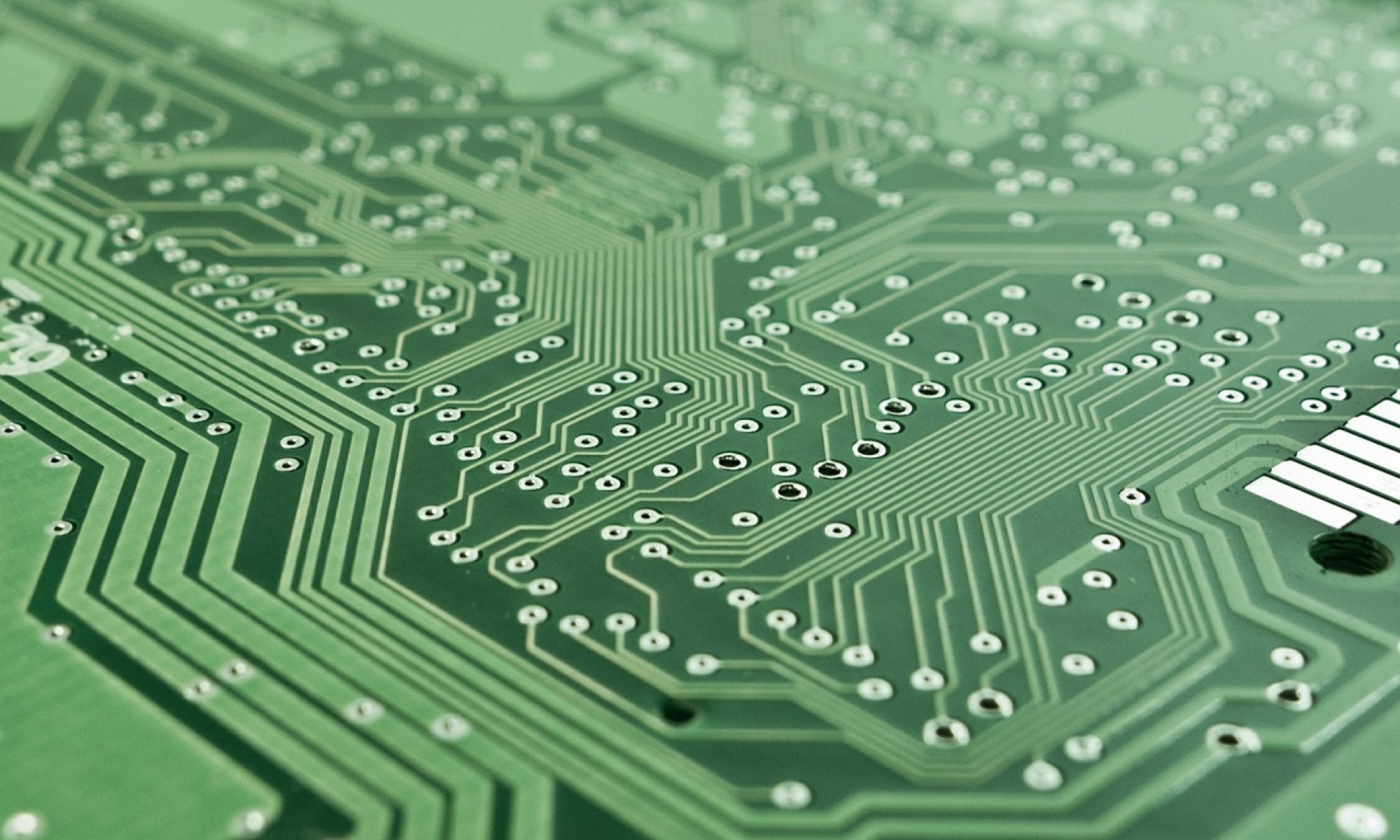Note: This post was written by SEI staff member, Amy Cade.
A month ago I posted an article about the differences between two types of certification programs for electronic recyclers. The post elicited a frenzy of conversation. A lot of the discussion had to do with defining aspects that made a recycler good or bad. The use of prison workers in the recycling industry was one of these aspects in question. BAN, a company in charge of one of the certification programs, is very much against the use of prison workers but many disagree. So, what are the benefits to prison labor? What are the reservations?
The program in charge of the United States federal inmates training program is UNICOR, Federal Prison Industries (FPI.) The Recycling Business Group (RBG) is a section of FPI; it allows inmates to collect and repair/recycle electronics. There are 8 RBG facilities across the US; none are able to be a part of certain certification programs due to their status as an inmate training program.
No doubt prison labor has a bad rap. Does the opening scene of “O Brother, Where Art Thou?” come to mind when I mention prison labor? Some may picture these chained road gangs swinging axes in the hot sun and therefore, consider prison labor to be harsh. Others may be under the opinion that prisoners have committed a crime and are paying for it so allowing them to have a job, something to occupy their time, almost as if they were not in prison at all, is too sympathetic.
Today’s prison labor is nothing like the work done by the Soggy Bottom Boys, nor is it a free pass out of prison. Prison worker facilities are extensively scrutinized by OSHA, NIOSH, FOH and more to ensure worker safety and health. Inmates work hard but the benefits pay off. Inmates better themselves, can contribute to their families, and help the environment all at the same time.
Work is not only a way to acquire skills; work also fulfills a desire felt by all humans. After physiological and safety needs, Maslow’s Hierarchy of Needs states that humans need to feel a sense of belonging. And following that is a need for self-esteem (avoiding the feeling of worthlessness.) The lack of these feelings can only encourage bad behavior. Contributing to society through work would definitely have a positive effect on your approach to society. And so it has. Inmates who participated in FPI’s industrial or educational programs were 24% less likely to return to prison than inmates who did not participate in FPI. So, just about one out of four former inmates will avoid going to prison again just because they had an opportunity to work in prison. They were also less likely to incur misconduct reprimands during their time in prison, to commit crimes after release, and more likely to find better paying, full-time jobs. It also benefits the prisoners by contributing financially to their court-ordered fines, child support, and/or restitution.
BAN, the company in charge of one of the certification programs, expressed concern that prisoners are working under unsafe conditions and that using prison labor for the handling of e-waste is unsafe in terms of protecting your data.
Thankfully, this is not the case; UNICOR has safe working conditions. Since prison staff work in the same facilities as prison workers, the facilities have to follow every law in terms of facility management. In fact, along with the OSHA, NIOSH, and FOH checks, UNICOR’s recycling factories are inspected and reviewed by environment, health and safety regulatory agencies at the state and federal levels far more extensively than private sector recyclers.
As for the security issue, prisoners are not able to read hard drives in the facilities. Prisoners are also not able to remove the hard drives from the factories. Many private sector recyclers are not able to ensure this kind of security. For example, one of UNICOR’s new clients destroys their hard drives themselves before they send it for recycling because they want to be certain that their information is destroyed. This company switched from using a private recycler to UNICOR and as soon as UNICOR received their first trailer load of equipment, UNICOR noticed that some of the company’s hard drives were not destroyed. UNICOR informed them immediately of the 8 hard drives still intact. The company was shocked that the private company never informed them that this had been happening. The company made some improvements which led to the second trailer load having only 2 hard drives still intact. UNICOR also informed them of this.
There are a number of benefits to UNICOR but the overall point is to prepare inmates to be productive members of society when they leave prison.
“We must accept the reality that to confine offenders behind walls without trying to change them is an expensive folly with short term benefits — winning the battles while losing the war. It is wrong. It is expensive. It is stupid.” – Chief Justice Warren E. Burger, our Nation’s 15th Chief Justice.
Since there is an overcrowding of prisons in the United States, it is my opinion that it is more important than ever to start working on a solution to help people who need work experience the most. Keeping them out of everyone’s way is no longer the answer. We have to work towards improving their lives.
Please look into this topic for yourself and feel free to share your opinions by commenting on this post.
The statements of this blog may not reflect the views of the Illinois Sustainable Technology Center, Institute of Natural Resource Sustainability, or the University of Illinois at Urbana-Champaign.
